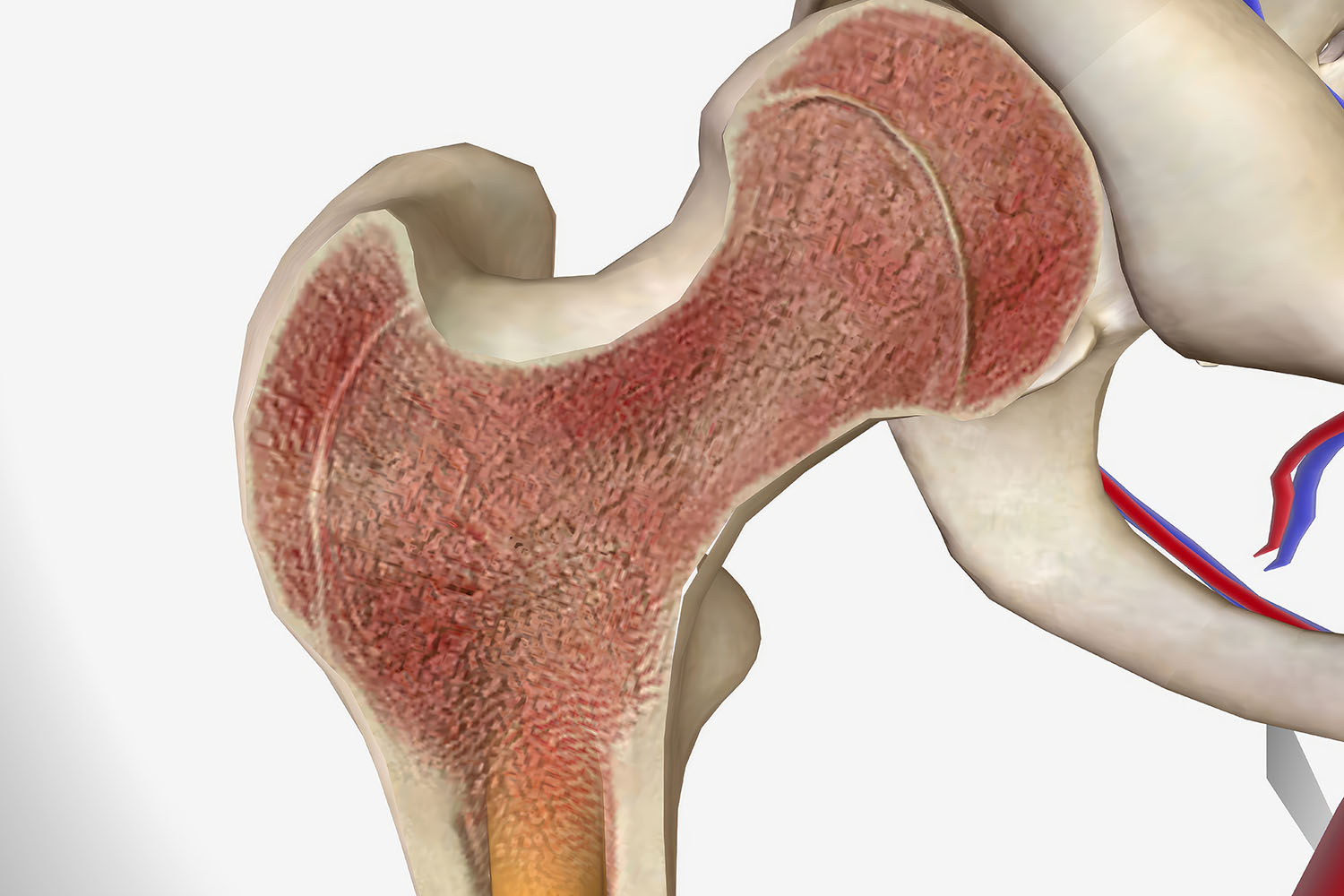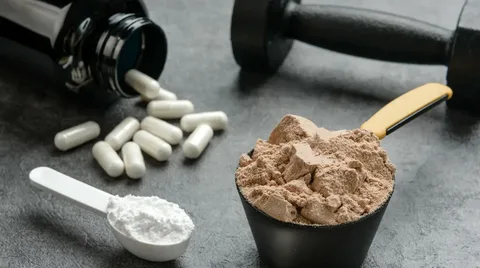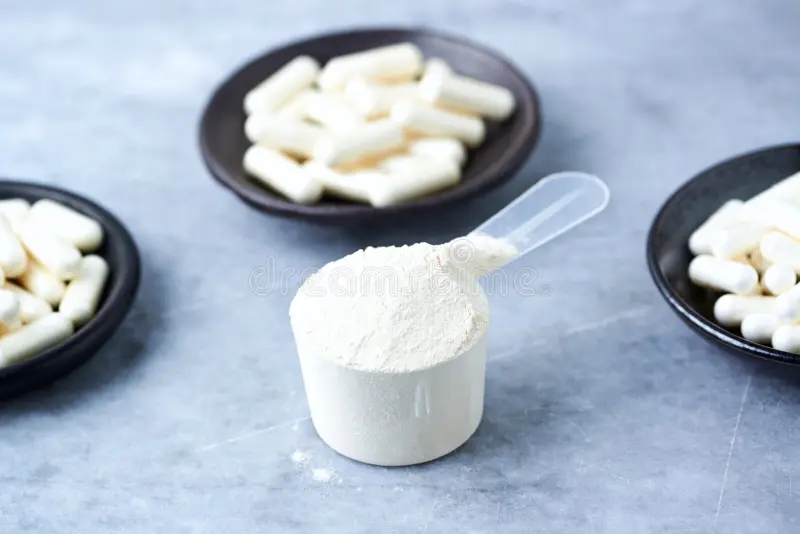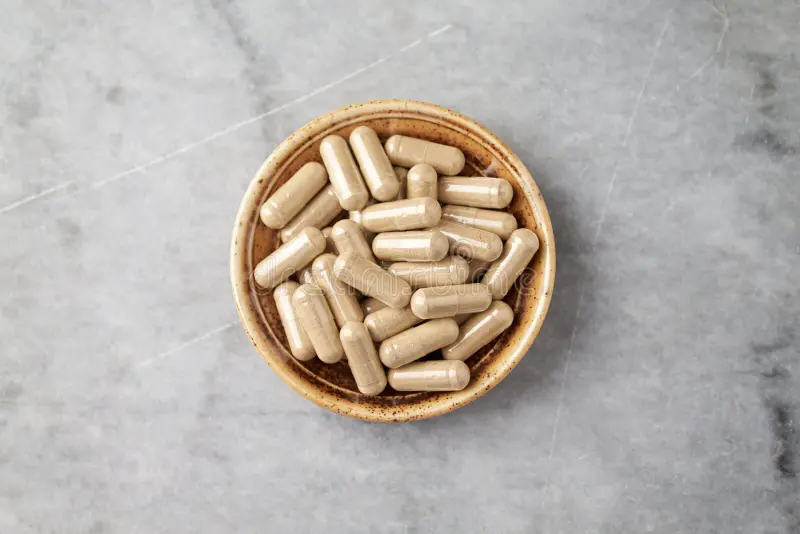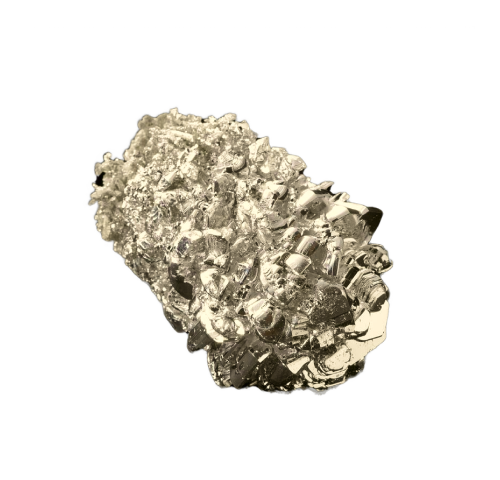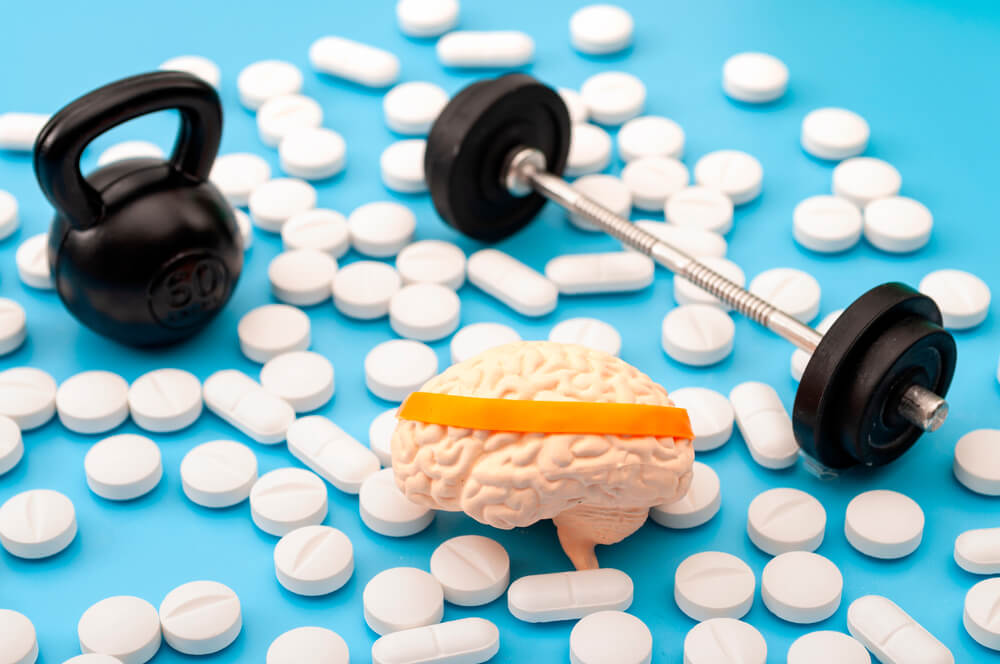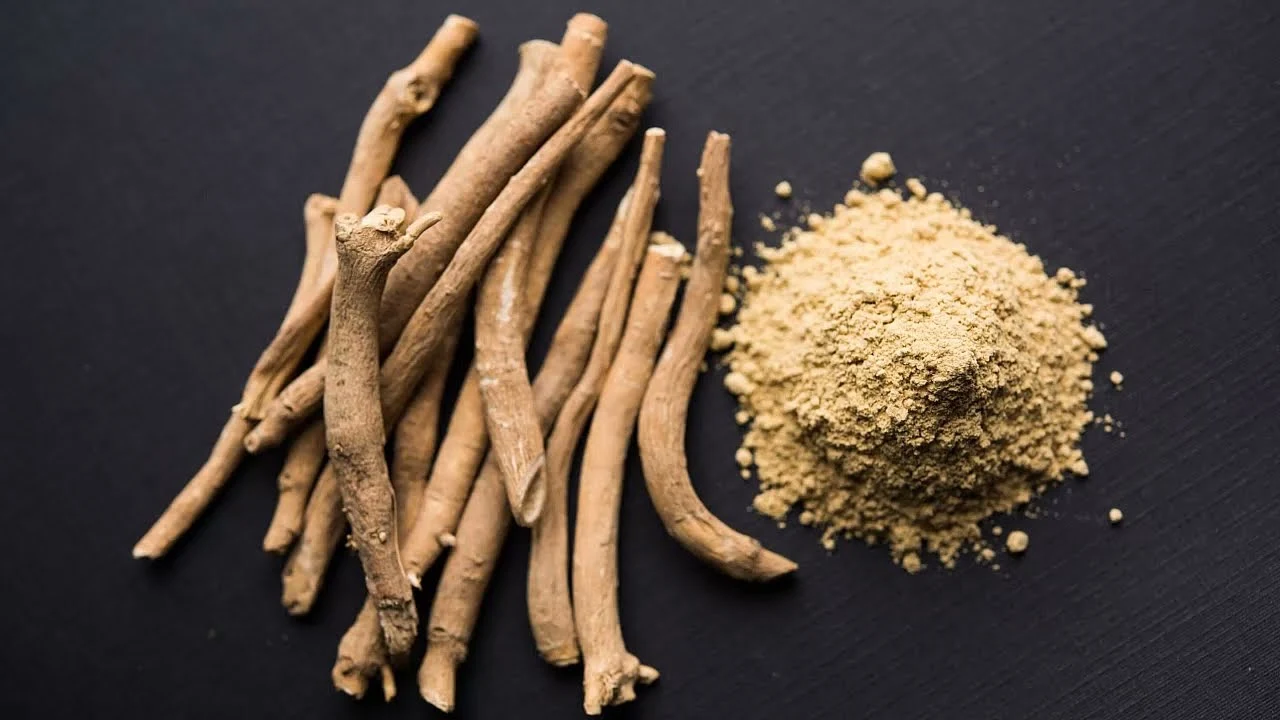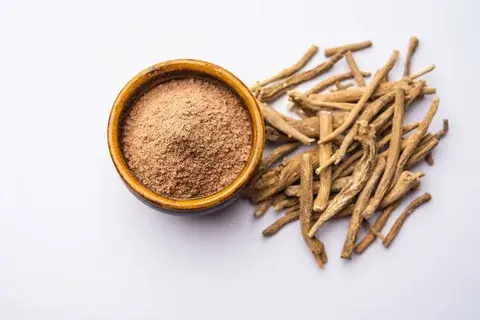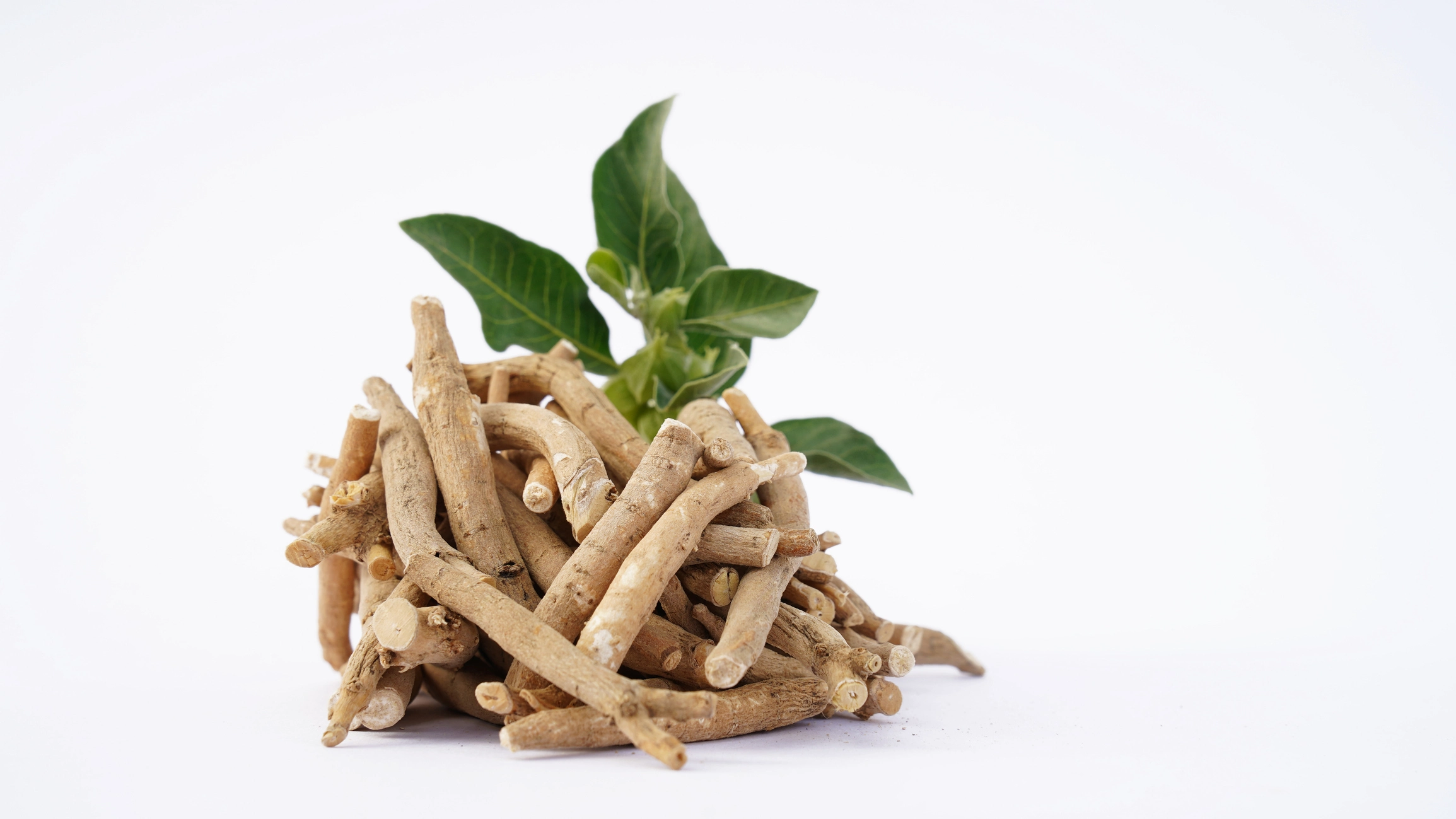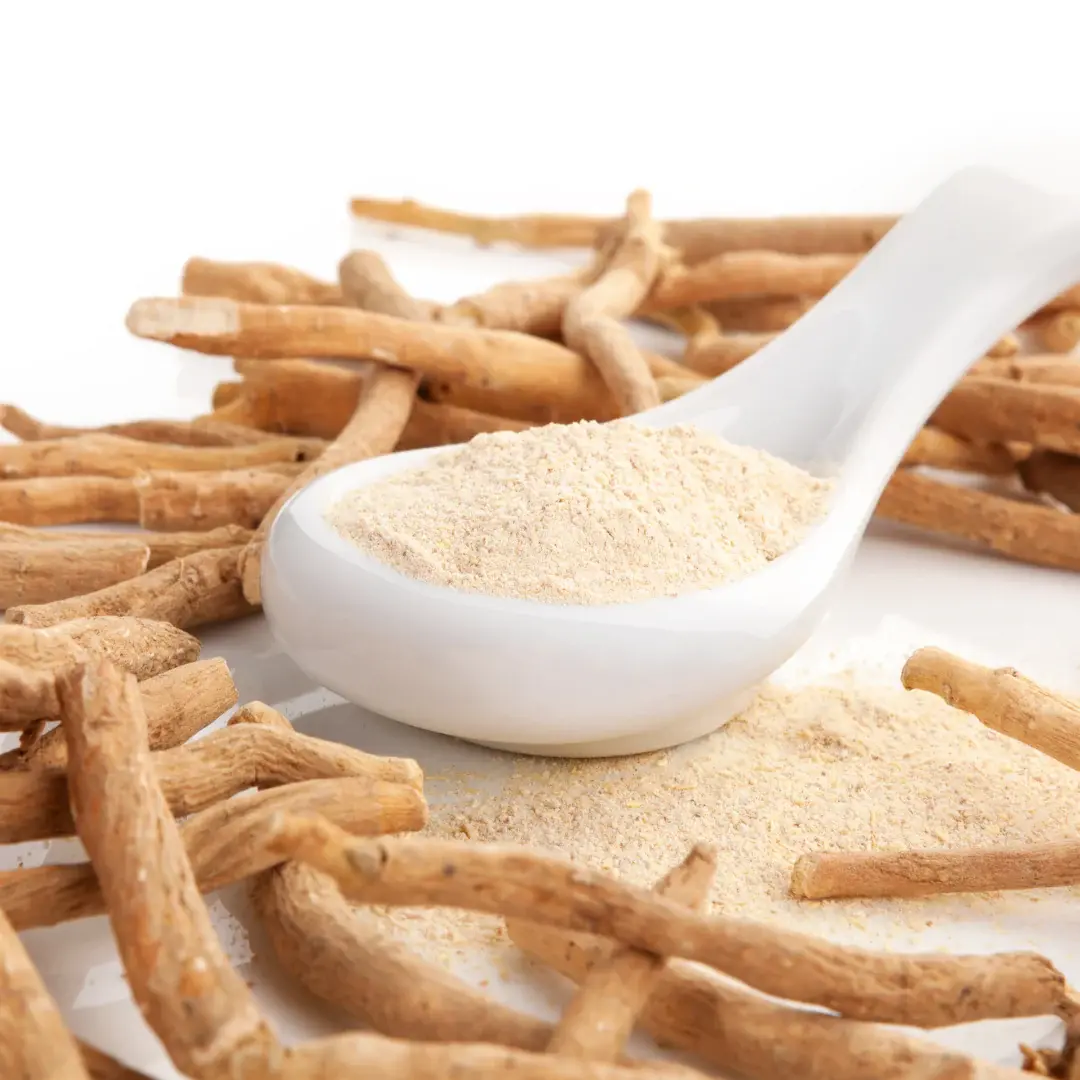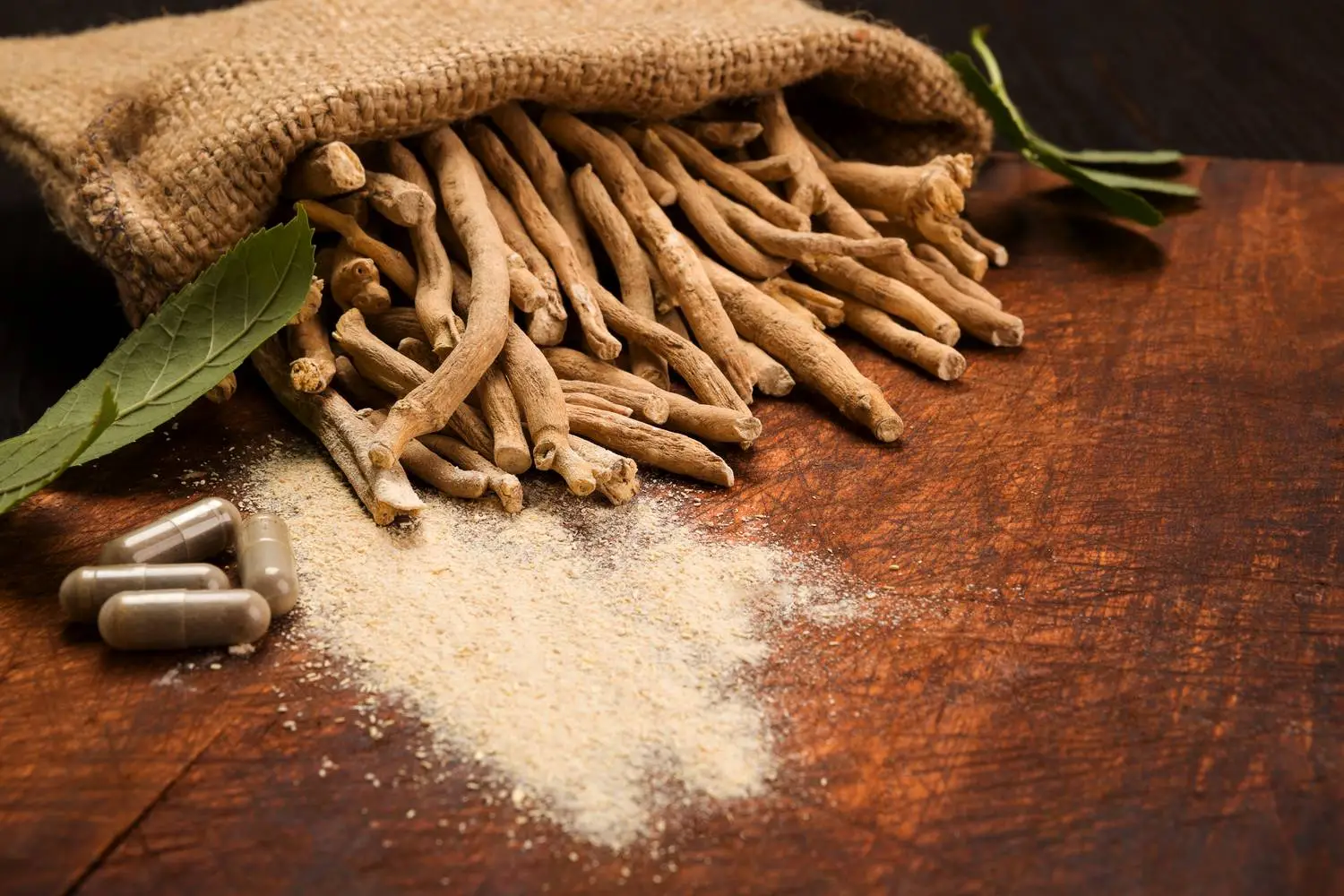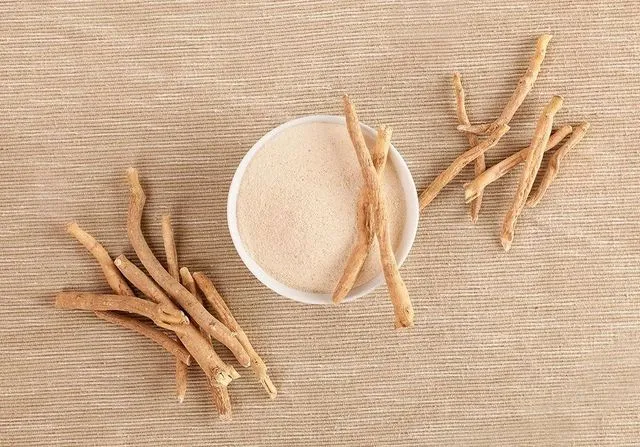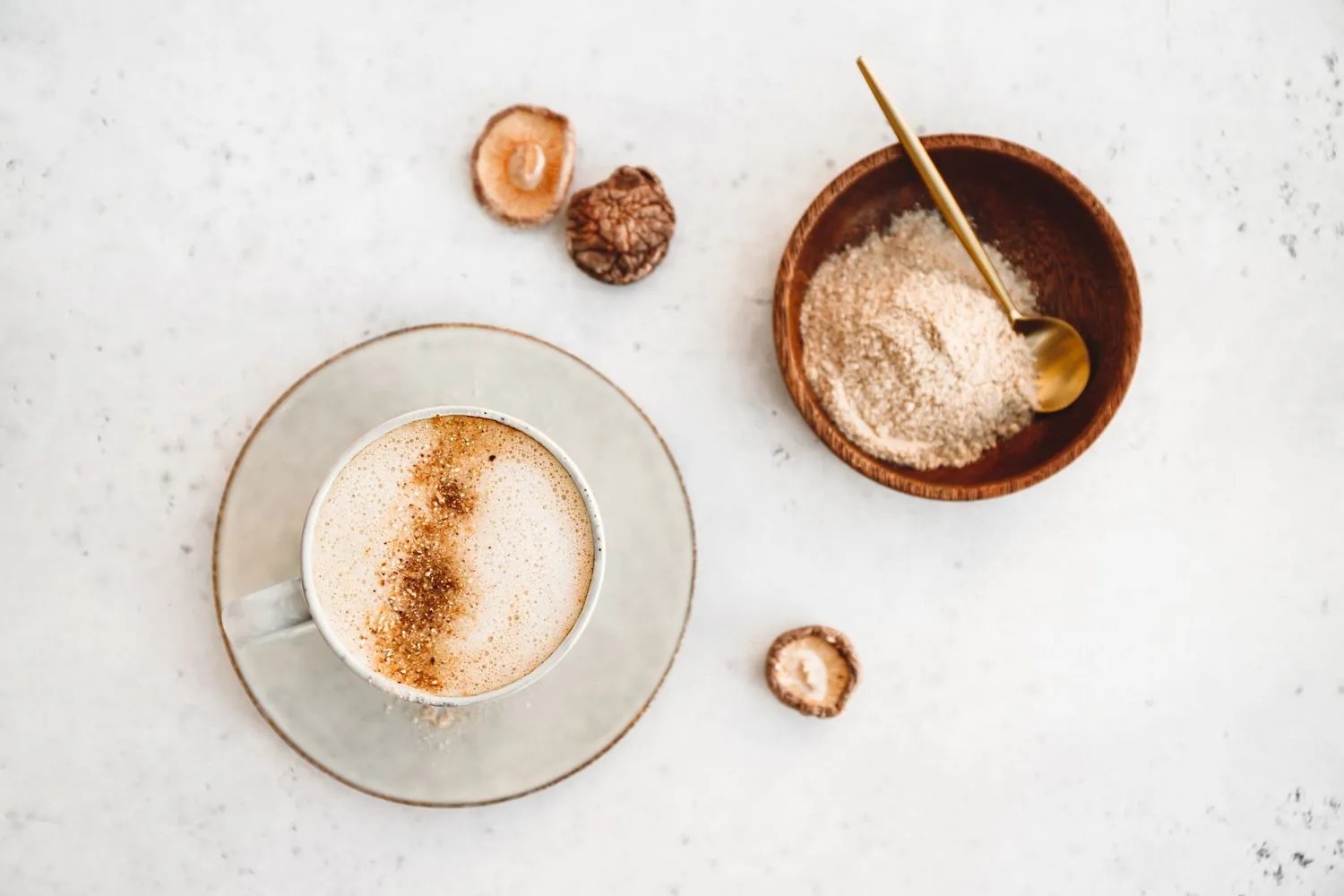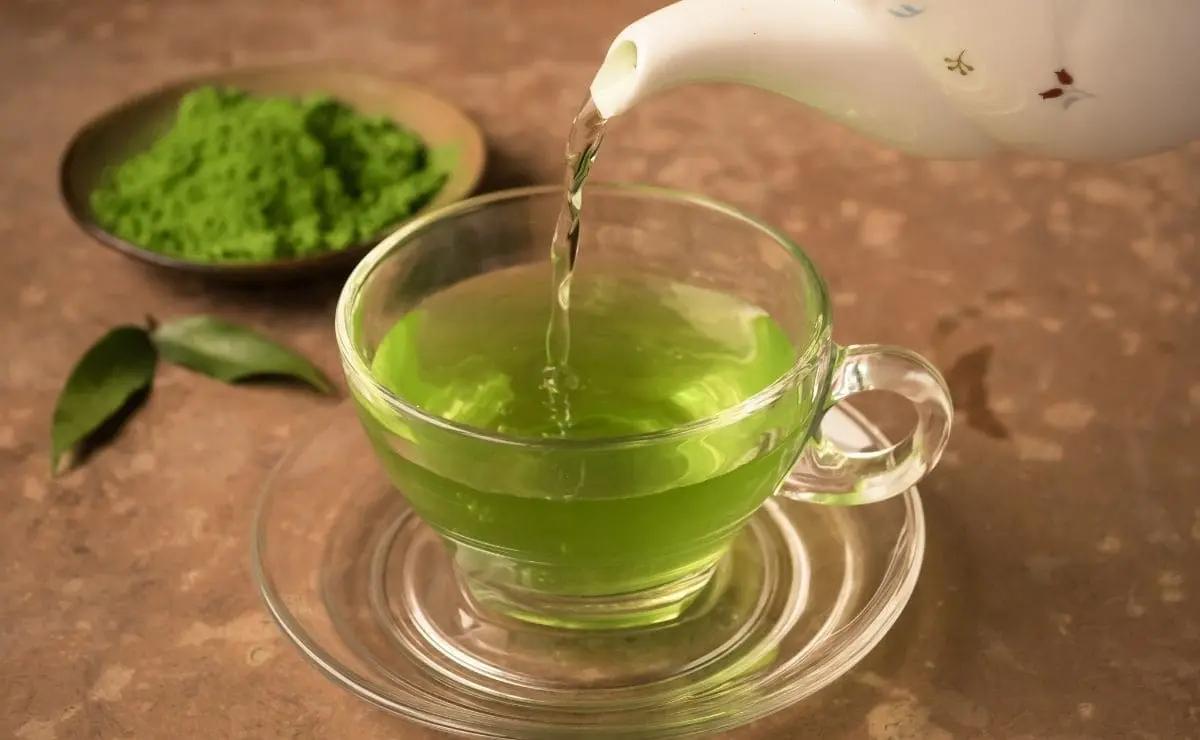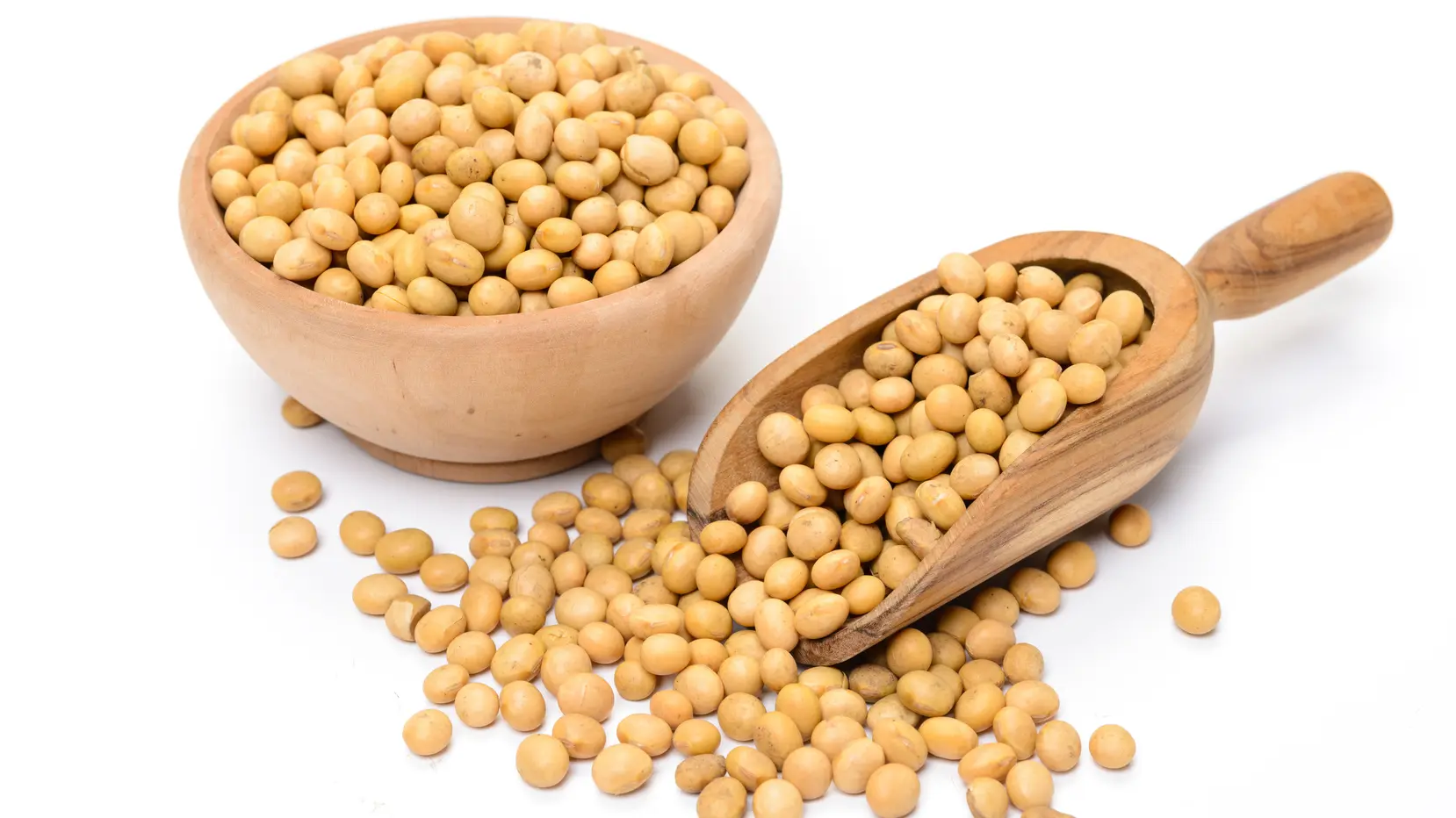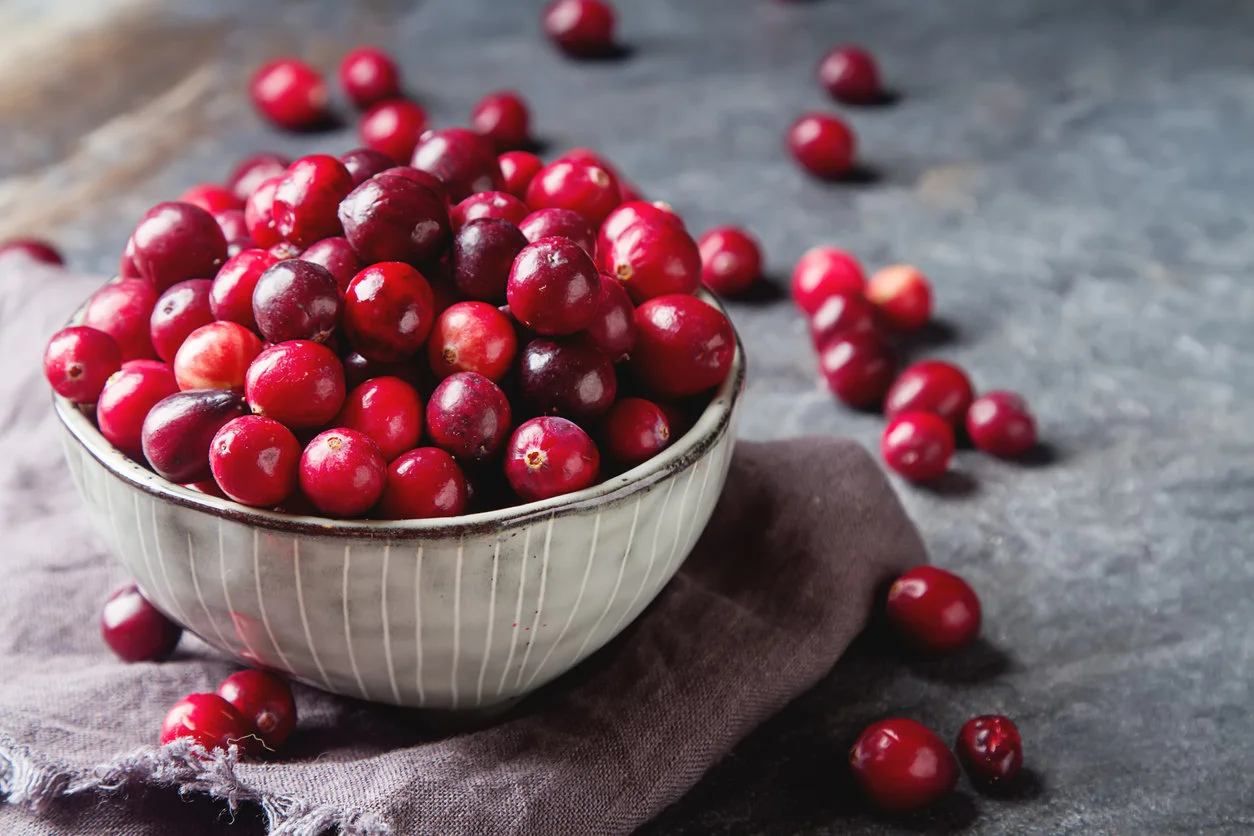30 Healthy Snacks That Can Help You Lose Weight
Stay Full, Feel Good, and Reach Your Goals Faster
Losing weight doesn’t mean you have to skip snacks. It means choosing the better and right ones. If you are on the road to shed some pounds, choose snacks with a perfect balance of protein, fibre, and healthy fats to keep you full and energised. Here’s a list of thirty healthy snacks that can help you curb cravings, stay satisfied, and keep moving forward with your weight loss goals.
- Published: June 3, 2025
- Last Updated: June 3, 2025
-
-

10 Healthy Snacks to Help with Weight Loss
Snacking doesn’t have to derail your weight loss goals. Here are ten great options that are nutritious and filling. They can help keep those hunger pangs at bay and avoid overeating.
Greek Yoghurt with Berries
This snack is packed with protein and probiotics, making it a favourite choice for gut health. It also keeps you satisfied and curbs those sweet cravings.
- High in protein and probiotics: Greek yoghurt is suitable for digestion and helps you feel full longer, making you less likely to snack mindlessly.
- Berries are full of antioxidants: These tasty fruits help fight inflammation and protect your body. Plus, they add a bit of sweetness without messing with your blood sugar.
- Good mix of nutrients: The combination of protein, carbohydrates, and fibre helps keep your blood sugar steady, which can help with cravings and keep your energy up.
- Simple and flexible: This Recipe is perfect for breakfast, snacks, or light desserts. It only takes a few minutes to whip up and tastes like a treat.
In short, Greek yoghurt with berries is a solid snack that boosts your body, keeps hunger at bay, and supports your goals.
Apple Slices with Peanut Butter
If you are looking for a tasty snack, this one’s a winner. It’s crunchy, creamy, and packed with fibre, healthy fats, and protein to help keep you going.
- Combines fibre and protein: Apples are full of fibre, which is excellent for digestion and helps you feel full. Adding peanut butter gives you extra protein and healthy fats, making it a fulfilling snack.
- Keeps your energy steady: This combination helps slow down sugar absorption so you won’t crash later. It’s a solid choice for a midday snack or a boost before hitting the gym.
- Tasty mix of sweet and salty: The sweetness of the apples with the rich flavour of peanut butter hits the spot. It’s a nice way to satisfy your cravings without overdoing it.
- Easy and customisable: Slice some apples and dip or spread peanut butter on them; no cooking is needed. For a little extra, sprinkle on some cinnamon or chia seeds.
Apple slices with peanut butter are a good and satisfying snack favourite for you.
Almonds
These little nuts are super healthy and full of good fats, protein, and fibre.
- Great for when cravings hit: Just a handful can fill you up, helping you skip the junk food.
- Helps with metabolism and weight: Almonds have magnesium and vitamin E, which are good for metabolism. If you don’t overeat, they can help with weight management.
- Easy to carry around: There’s no need to prepare because they’re perfect to toss in your bag, desk, or car for when hunger strikes.
- A mindful munching option: Their crunchiness makes you eat slower, giving your brain enough time to feel full, which can help you avoid overdoing it.
Almonds are a healthy snack that can help you stay on track with your weight goals and boost your energy.
Hummus with Veggie Sticks (Carrots, Cucumber, Bell Peppers)
This crunchy and creamy snack provides a great mix of protein, fibre, and hydration without adding calories.
- Packed with protein and plant goodness: Hummus, made from chickpeas, provides a solid amount of protein and healthy fats. It keeps you feeling full and helps with steady energy.
- Low-calorie but full of nutrients: Vegetables like carrots and cucumbers are loaded with nutrients and water. They make your snack bigger without a lot of extra calories.
- Fun to dip and eat: The creamy hummus and crunchy veggies satisfy your snack cravings. It is tasty and you can enjoy a healthy treat without the guilt.
- Mix and match: Add any raw vegetables you like. Bell peppers, radishes, and celery each bring a nice flavour and their nutrients.
Hummus with veggie sticks is a filling and healthy snack that curbs hunger and supports weight loss without sacrificing taste.
Cottage Cheese with Fruit
This tasty mix is an excellent snack with low calories and protein, keeping you full between meals.
- Packed with protein and probiotics: Cottage cheese helps build muscle and aids digestion. Plus, it digests slowly, so you stay satisfied longer.
- Sweet and full of fibre: Fruits like pineapple, berries, or peaches bring natural sweetness and fibre to the table, balancing the creaminess of the cottage cheese.
- Low-calorie but nutritious: This snack is rich in calcium, B vitamins, and antioxidants without adding too many calories. It’s perfect for anyone trying to watch their weight.
- Quick and easy to make: You can keep it simple or add nuts or a sprinkle of cinnamon. It’s great as a snack or even a light breakfast.
Cottage cheese with fruit is a wholesome snack that satisfies your sweet cravings while keeping you full and energised.
Hard-Boiled Eggs
Simple, portable, protein-packed, hard-boiled eggs are a classic weight-loss snack that never goes out of style.
- High in protein and low in calories: Each egg offers about 6 grams of protein to keep you feeling full longer. It helps curb cravings and supports muscle maintenance.
- Rich in essential nutrients: Eggs contain vitamins like B12 and D3, plus choline for brain health. They nourish your body while helping you stay on track.
- Perfect for on-the-go snacking: Hard-boiled eggs are easy to prep in batches and carry anywhere. Just peel and eat when hunger strikes.
- Versatile and customisable: For extra flavour, add a pinch of salt, pepper, or paprika. You can even slice them onto toast or salads.
Hard-boiled eggs are a protein-rich snack that fuels your day and fits seamlessly into any healthy eating plan.
Kale Chips
Kale chips are a tasty, crunchy alternative to those high-calorie snacks we’re all used to.
- Low in calories but packed with nutrients: Kale contains vitamins A, C, and K2. You can dig into these without feeling guilty.
- Full of antioxidants and fibre: These help with digestion and can lower inflammation. Plus, they keep you feeling full and energised.
- Easy to make at home: Mix kale with olive oil and some seasoning, then bake until it’s crispy. It’s a cheap option compared to store-bought snacks.
- Customisable: To change things up, add garlic powder, chilli flakes, or Parmesan. Kale chips can match any flavour you like.
Kale chips are a great snack that gives you crunch, flavour, and important nutrients without the guilt.
Roasted Chickpeas
If you’re looking for a crunchy, protein-packed snack, Roasted Chickpeas are a great choice. They’re perfect for grabbing on the go and help keep you full.
- High in protein and fibre: Just one serving can help curb your hunger. These nutrients also help keep your blood sugar steady.
- Satisfying crunch: They give you the same crunch as chips without all the extra oils or empty calories.
- Spice them up: You can add various flavours, from paprika to garlic powder. Each batch can feel different.
- Make a big batch: It’s super easy to roast a large amount and store it for a few days.
Roasted Chickpeas are a tasty and healthy snack that can help keep your cravings in check.
Dark Chocolate with Almonds
If you are in the mood for something sweet but want to keep it healthy, try dark chocolate with almonds. It’s a tasty way to treat yourself without going overboard.
- Packed with good stuff: Dark chocolate has antioxidants, and almonds bring healthy fats.
- Keeps you satisfied: This combination will help you feel full and still hit that sweet spot.
- Super convenient: Toss a few squares and some almonds in a bag for an easy snack on the go.
- Good for your heart and brain: In the long run, it might help blood flow and brain function.
Dark chocolate with almonds lets you enjoy a treat while being mindful of your health goals.
Rice Cakes with Avocado
Looking for a crunchy and creamy snack? Try rice cakes topped with avocado. They are light, tasty, and packed with healthy fats and fibre.
- Low-calorie and crunchy: Rice cakes give you that satisfying crunch without the guilt.
- Avocados are great for you: They add fibre and good fats, helping you feel full and nourished.
- Easy to make: For extra flavour, add some chilli flakes, a squeeze of lemon, or cherry tomatoes.
- Good for digestion: The mix of fibre and healthy fats can help with your gut and keep hunger at bay.
All in all, rice cakes with avocado are a quick, healthy snack that can easily fit into your weight loss plan.
-

Healthy Snacks for Kids
Kids love snacks that are tasty, good for them, and easy to grab. These healthy choices mix flavour and nutrition to help keep their energy up throughout the day.
String Cheese
String Cheese is an excellent snack for kids because it’s easy to grab and has good nutrients. Its fun pull-apart texture makes it more enjoyable, especially for little ones.
- Packed with protein and calcium: Helps keep their bones strong and fills them up between meals.
- Individually wrapped and easy to carry: Perfect for lunchboxes, road trips, or snacks after sports.
- Low in carbs and sugar-free: Keeps their energy steady without sugar crashes.
- Mild and creamy flavour: A safe bet even for picky eaters.
String Cheese is not just fun; it’s a bright and healthy snack that’s easy to take along. A perfect snack for kids to keep them energised and ready to learn or play.
Celery with Peanut Butter and Raisins
Both kids and parents love this classic snack. It features crunchy celery filled with creamy peanut butter and topped with sweet raisins, making it a fun and tasty treat that kids like.
- High in fibre, healthy fats, and natural sugars: This snack keeps kids full longer and helps avoid energy crashes, making it a great choice for snacks after school or playtime.
- Fun to make: Kids enjoy putting together their own “logs,” which makes for a fun activity that encourages them to take charge of their food choices and be more open to healthy habits.
- Celery provides hydration and crunch: This low-calorie veggie aids digestion, adds volume without adding calories, and gives kids that satisfying crunch they like in their snacks.
- Peanut butter adds plant-based protein: It helps with muscle growth and keeps kids feeling full, plus it has a creamy taste that pairs well with the crunch of celery.
Homemade Popcorn
Homemade popcorn or a quick option can provide whole grains without the extra butter and salt. It’s light and crunchy, and kids love it.
- Low in calories and full of fibre: It fills kids up without overdoing it and helps digestion, making it a better choice than chips or sweets.
- Whole grain goodness: It provides lasting energy, keeping kids active and alert during school or play.
- Easy to customise: Add cinnamon, Parmesan, or just a pinch of salt to switch things up without losing the healthy aspects.
- Popcorn is super convenient: The pre-portioned bags are great for parents on the go, making sure kids get the right amount without any junk.
Popcorn can be a fun and healthy snack if you prepare it well. Whether homemade or store-bought, kids can have a tasty treat anytime.
Cucumber and Turkey Roll-Ups
Cucumber and turkey roll-ups make a great snack for kids. They’re easy to make, tasty, and perfect for busy families. Plus, they’re light and filling without the carbs from bread.
- Provides a good dose of protein: This helps kids grow and keeps them satisfied longer between meals.
- Nice crunch and helps keep kids hydrated: It’s low in calories and water, which is excellent for digestion.
- Easy to make: Wrap a turkey slice around cucumber sticks or ribbons and use a toothpick to hold it together. These are ideal for lunchboxes or snacking anywhere.
- Mix in extras like cheese or hummus: Adding these can boost flavour and nutrition, making snack time fun.
Cucumber and turkey roll-ups are healthy, easy snacks for kids. They’re also perfect for picky eaters, adding a fresh twist to regular deli snacks.
Cut-up Fruit (Pear, Mango, Banana)
Fresh fruit is like candy from nature, which is sweet, juicy, and full of nutrients that kids need to grow strong and stay energised. Pears, mangoes, and bananas are great for kids because they’re soft and tasty. They can easily sneak some vitamins and fibre during snack time.
- Naturally sweet: These fruits healthily satisfy sugar cravings, giving flavour without any added sugars or fake stuff.
- Full of nutrients: Bananas are good for muscle function because they have potassium, mangoes are packed with vitamin C, and pears help with digestion thanks to their fibre.
- Easy to prepare and fun to eat: Just slice and serve, no cooking needed, which makes them perfect for after-school snacks or lunchboxes.
- Colourful and easy to chew: Their bright colours and soft texture make them fun to eat, especially for younger kids.
Cut-up fruits like pears, mangoes, and bananas are great snack choices filled with natural goodness. They’re a sweet, simple way to keep kids happy and nourished between meals.
- Packed with protein and calcium: Helps keep their bones strong and fills them up between meals.
-

Healthy Snacks to Buy
Busy days call for quick snacks that are easy to grab and good for you. These store-bought options can help you fight hunger without compromising your health goals. They have good ingredients and balanced nutrients, making them a solid choice for anyone trying to lose weight.
Potato Chips
If you are looking for a crunchy snack that won’t make you feel guilty, Potato chips are a great choice. They’re made with basic ingredients and popped instead of fried, so you get that nice crunch with fewer calories and less fat.
- Light and crunchy: These air-popped chips have that satisfying crunch you love from regular chips, but with much less oil and fewer calories. They’re a guilt-free snack that still feels tasty.
- Made with simple ingredients: Potato chips are clean and minimal in ingredients, avoiding artificial flavours, colours, or preservatives, making them a better choice for snacking.
- Satisfies savoury cravings: A bit of sea salt gives them the right flavour to please your taste buds, without too much sodium or an overpowering flavour.
- Low in calories: You can munch on a decent serving without stressing about calories, which helps you stick to your weight loss goals.
They are great for anyone who wants to enjoy something savoury while sticking to their healthy eating plan.
Chocolate Nutrition Bars
Chocolate Nutrition Bars are an excellent choice for a quick and healthy snack. They are packed with good ingredients, making it easier to manage your weight and keep your energy up.
- Good nutrition: These bars mix protein, fibre, and essential vitamins to help you feel full and energised between meals.
- Made from whole foods: They have nuts, seeds, and whole grains, and don’t include any artificial stuff.
- Easy to take along: They’re perfect for snacking on the go and fit nicely in your bag or desk when you get hungry.
- Helps with weight loss: With a reasonable number of calories and filling ingredients, they help curb your cravings.
Chocolate Nutrition Bars are a tasty and convenient snack for anyone trying to lose weight.
Fruit and Nut Bars
Fruit and Nut Bars are a great choice if you’re looking for a quick, healthy snack that can help with weight loss. They’re made from simple ingredients, so you get a sweet treat without weird additives.
- Easy to digest: Fruit and Nut Bars are made with just a few ingredients, such as dates, nuts, and fruits, making them straightforward and natural.
- Good for you: A mix of nuts and fruits provides fibre and healthy fats to keep you full and energised.
- Diet-friendly: Fruit and nut bars are gluten-free and vegan, so they work for many dietary restrictions.
- Just the right size: Each bar is perfect, helping you snack wisely without going overboard.
Fruit and nut bars are a convenient, tasty snack that can satisfy your sweet tooth without derailing your weight loss goals
Roasted Pistachios
Roasted Pistachios snack packs are a great option if you’re looking for a tasty and healthy snack. They’re easy to grab and make portion control simple.
- Healthy fats and protein: Pistachios are full of good fats and protein, helping you feel full and energised all day.
- High in fibre: With plenty of fibre, they support digestion and keep you satisfied longer, which means you might be less tempted to reach for junk food.
- Packed with antioxidants: These little nuts contain antioxidants like vitamin E, which can help overall health and reduce inflammation.
- Portioned just right: The single-serving packs are great for controlling how much you eat, so you can enjoy a quick snack without going overboard.
Roasted Pistachios snack packs are tasty, healthy snacks that help you stick to your weight loss goals without sacrificing flavour.
Seaweed Snacks
Seaweed snacks are a tasty, low-calorie choice that’s good for you. They have a savoury flavour and a nice crunch without adding calories.
- Low in calories but full of nutrients: You get vitamins and minerals like iodine and calcium without a lot of calories.
- Packed with antioxidants: They include stuff that helps keep your cells safe and supports your overall health.
- High in fibre: The fibre helps you feel full and keeps your digestion on track.
- Easy to take along: These crispy snacks are convenient to carry around and perfect for a quick bite.
Seaweed snacks are a flavorful and healthy alternative to regular snacks, making them a solid choice for anyone looking to lose weight.
- Light and crunchy: These air-popped chips have that satisfying crunch you love from regular chips, but with much less oil and fewer calories. They’re a guilt-free snack that still feels tasty.
-
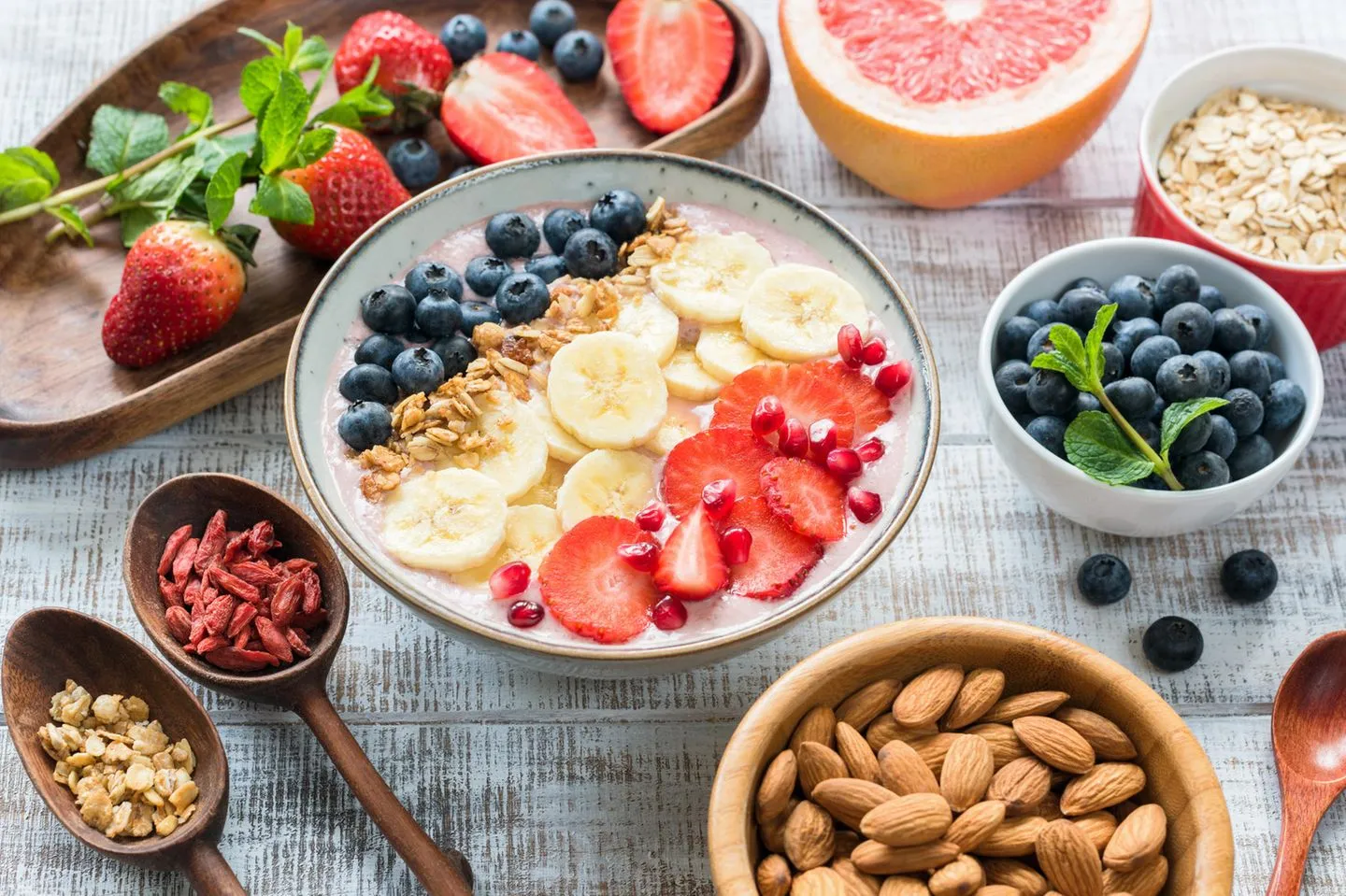
Healthy Diabetic Snacks
Finding snacks that help keep your blood sugar in check and still taste good is important for managing diabetes. Look for healthy choices with fibre, healthy fats, and protein to keep your energy steady and cravings under control.
Cheesy Kale Chips
If you’re looking for a guilt-free crunchy snack, cheesy kale chips are a great option. They’re low in carbs and packed with nutrients, making them a good fit for a diabetic diet.
- Crunchy and low in carbs: These kale chips have that cheesy taste you love, but with much fewer carbs than regular chips. They can help you beat those cravings without spiking your blood sugar.
- Packed with fibre and antioxidants: Kale is full of vitamins A and C, which are great for your health and help keep your immune system strong.
- Filling and satisfying: The fibre and healthy fats mix will keep you feeling full, so you don’t overeat.
- Simple to make or buy: You can easily make them at home or find them in stores. They make for a handy snack when you’re watching your blood sugar.
Cheesy kale chips give you the crunch and taste you want while keeping your blood sugar in check. They’re a wise choice for snacking.
Guacamole
Guacamole isn’t just for parties; it’s a tasty, diabetes-friendly snack with good fats and fibre. Dip some vegetable sticks or whole-grain crackers in it, and you have a nutritious choice.
- Packed with good fats and fibre: Avocados can help you feel full longer and may improve insulin sensitivity thanks to their healthy fats.
- Easy on blood sugar: Guacamole won’t cause spikes in your blood sugar, so it’s safe to include in your snack options.
- Full of nutrients: It contains vitamins C, E, and B6, plus potassium, which are great for your health.
- Great with healthy dippers: Pair it with cucumber slices, carrot sticks, or flaxseed crackers to keep it low-carb and satisfying.
With its creamy texture and great taste, guacamole can support balanced blood sugar and is a versatile snack for anyone watching their diet.
Cottage Cheese
Cottage cheese is a perfect snack packed with protein. It can help keep your blood sugar steady and fight off hunger. Also, it’s super easy to mix with sweet and savoury toppings, making it a good choice for people with diabetes.
- High in protein and low in carbs: This mix helps slow digestion and prevents blood sugar from spiking after meals.
- Keeps you full longer: The casein protein in cottage cheese helps you feel satisfied, which can help manage your appetite.
- Goes well with fruits or vegetables: You can add berries for some sweetness or cherry tomatoes for a savoury kick, keeping it healthy either way.
- Supports muscles and metabolism: The protein can help maintain muscle, which is important for managing blood sugar.
Cottage cheese is a smart and filling option for anyone with diabetes. It helps balance blood sugar and keeps you energised all day long.
Cucumber Crackers
Cucumber crackers are a crunchy, low-carb snack that makes a great alternative to regular snacks. They are refreshing, hydrating, and you can top them in many ways to fit a diabetic-friendly diet.
- Low in carbs and packed with water: They are a great snack that keeps you hydrated without raising your blood sugar.
- Great base for protein-rich toppings: You can add cottage cheese, tuna, or hummus to make them more filling and nutritious.
- Quick and easy to make: Slice up some cucumbers, add your toppings, and have a snack ready in no time with no processed stuff.
- Crunchy and satisfying: They give you that satisfying crunch that chips do, helping you stick to healthy snacking.
Cucumber crackers are a light and tasty snack that’s good for you, especially if you’re watching your health. They’re perfect for satisfying cravings without compromising on nutrition.
Avocado Toast
Avocado toast is a tasty snack filled with nutrients that help keep blood sugar levels steady. Packed with healthy fats and fibre, it’s a smart pick for people with diabetes.
- Loaded with good fats and fibre: Avocados are great for your heart and help control blood sugar by slowing down digestion.
- Best on whole-grain or low-carb bread: This combo gives you steady energy and helps you feel full longer.
- Add toppings like eggs or seeds: These give you protein and a nice crunch, making the snack even better.
- Super easy to make: Mash the avocado, spread it on the bread, and add some toppings. It’s perfect for a quick midday snack without spiking your blood sugar.
Avocado toast is a yummy, balanced option for managing diabetes. It provides many nutrients and satisfaction in every bite.
Rosemary Walnuts
Rosemary walnuts make for a tasty, crunchy snack that combines healthy fats and great herbs. They’re simple to make and can help keep your blood sugar in check.
- Loaded with omega-3s and protein: Walnuts are suitable for your brain and heart and help curb hunger between meals.
- Flavoured with rosemary and sea salt: The rosemary adds a nice kick and has some health benefits too.
- Low in carbs and high in fibre: This makes them an excellent choice for anyone watching their blood sugar.
- Great as a snack at home or on the go: Just put them in jars or bags for a quick, healthy snack whenever you need one.
Rosemary walnuts are flavourful and heart-healthy, helping maintain steady blood sugar. They’re a great way to handle those savoury cravings without any guilt.
- Crunchy and low in carbs: These kale chips have that cheesy taste you love, but with much fewer carbs than regular chips. They can help you beat those cravings without spiking your blood sugar.
-
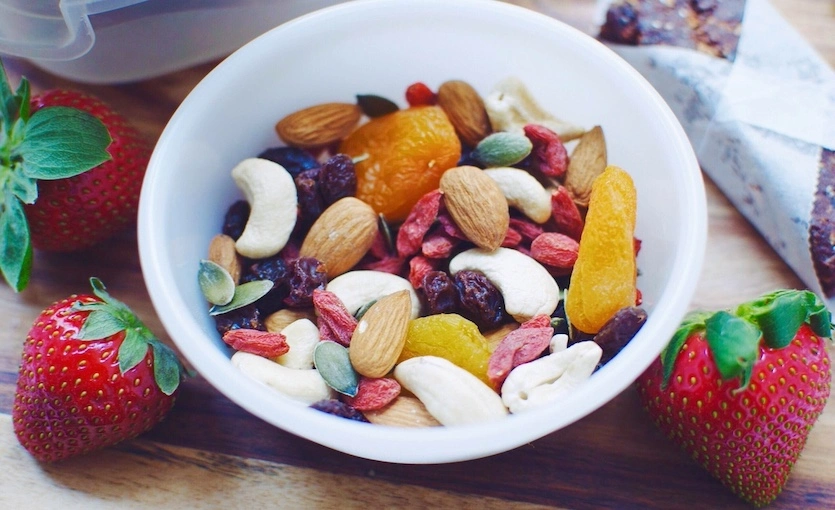
Healthy Chocolate Snacks
Chocolate lovers can still enjoy tasty treats without messing up their health goals. These snacks mix the flavour of chocolate with healthy ingredients, so you can enjoy them without feeling guilty.
Chocolate Bars
Chocolate Bars are the best option if you’re looking for a guilt-free treat. They combine dark chocolate, crunchy nuts, and plant-based protein, making them a satisfying snack that feels a bit indulgent but is still good for you.
- Full of antioxidants and healthy fats: These bars mix dark chocolate with crunchy nuts to help your heart and fight inflammation while keeping your cravings at bay.
- Loaded with plant-based protein: They include hemp protein for a steady energy boost and muscle support without animal products.
- Low in sugar and high in fibre: Made with natural sweeteners and fibre, these bars help prevent blood sugar spikes and keep you feeling satisfied longer.
- Easy and portion-controlled: They come pre-wrapped, making them great for quick snacks on the go without the risk of overeating.
Chocolate Bars offer a tasty and convenient option for healthy snacking. They allow you to enjoy the sweetness without jeopardising your weight loss goals.
Chocolate-Covered Banana Pops
Got a craving for something sweet but don’t want to mess up your diet? Chocolate-covered banana pops are a fun way to enjoy fruit with a bit of indulgence.
- Sweet and Good for You: Ripe bananas dipped in dark chocolate give you a nice mix of natural sugars and healthy antioxidants.
- Potassium and Fibre Boost: Bananas are great for blood pressure and digestion, which helps keep your energy up and keeps you feeling full.
- Perfect Portion Size: Each pop has a good snack size, so you can enjoy something sweet without going overboard.
- Simple to make: You can whip these up at home with just a few ingredients and adjust the amount of chocolate you want.
Chocolate-covered banana pops are a great snack that allows you to enjoy something sweet easily while adhering to your health goals.
- Full of antioxidants and healthy fats: These bars mix dark chocolate with crunchy nuts to help your heart and fight inflammation while keeping your cravings at bay.
-

Healthy Party Snacks for Weight Loss
Hosting a party doesn’t have to mean serving high-calorie foods. Let’s have a look at these tasty and healthy snack ideas that will keep your guests happy and help you stick to your goals.
Vegetable Platter with Hummus
This colourful vegetable and hummus platter is always a crowd-pleaser. It’s crunchy and satisfying, plus it’s good for you.
- Packed with nutrients: Bell peppers, cucumbers, carrots, celery, and cherry tomatoes are loaded with vitamins and minerals, helping to fill you up.
- Protein-rich dip: Hummus is full of plant protein and healthy fats, which give you energy and help control cravings.
- Low-calorie option: You can enjoy a big serving without worrying about calories, making it perfect for weight loss.
- Easy to share: This vibrant platter looks excellent and is simple to put together. It is always a hit at any party.
The vegetables and hummus platter is a favourite that combines crunch, taste, and nutrition while being low in calories.
Caprese Skewers
These little bites are fresh, easy to make, and a hit at any get-together. They bring a nice mix of taste and nutrition.
- Low in calories but filling: Cherry tomatoes and mozzarella are a great combo that helps keep you satisfied without adding calories.
- Fresh herbs for taste: Basil looks nice and adds a tasty kick. It’s full of antioxidants, gives a pleasant aroma, and helps with digestion.
- Easy to serve: Since they’re on skewers, they’re simple to hand out and allow guests to grab a few without overdoing it.
- Low-carb and gluten-free: No bread or fillers make these a good choice for those watching their carbs or avoiding gluten. They fit well with different diets.
Caprese skewers are a fun, healthy snack for parties. They are good-looking, diet-friendly, and full of flavour. Eating well can be tasty and enjoyable.
- Packed with nutrients: Bell peppers, cucumbers, carrots, celery, and cherry tomatoes are loaded with vitamins and minerals, helping to fill you up.
-
-
References
https://www.healthline.com/nutrition/29-healthy-snacks-for-weight-loss#TOC_TITLE_HDR_3
https://www.today.com/health/healthy-snacks-for-weight-loss-rcna130266
https://www.health.com/weight-loss/best-snacks-for-weight-loss
https://www.eatingwell.com/article/77540/the-10-best-snacks-for-weight-loss/
https://www.thediabetescouncil.com/30-diabetic-friendly-snack-recipes/
https://www.healthline.com/nutrition/healthy-chocolate-snacks



